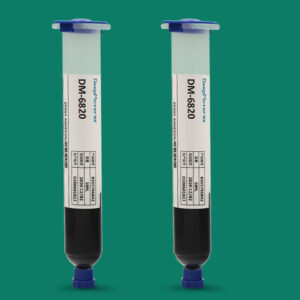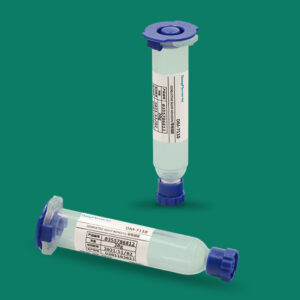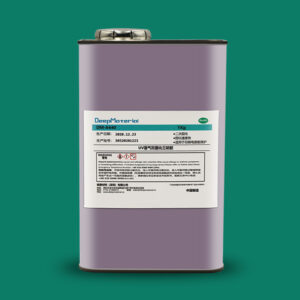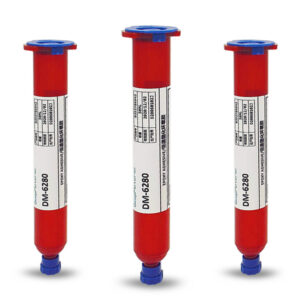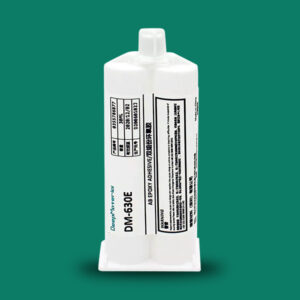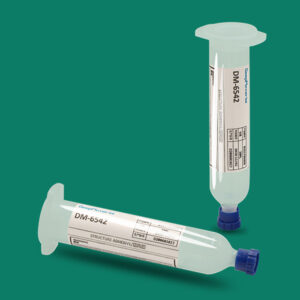Understanding the Importance of Lithium Battery Fire Suppression Systems
Understanding the Importance of Lithium Battery Fire Suppression Systems
In the modern world, lithium-ion batteries are indispensable, powering everything from smartphones to electric vehicles (EVs) and large-scale energy storage systems. However, the rapid growth in lithium batteries has raised safety concerns, particularly regarding the risk of fires and explosions. When a lithium battery fails or is damaged, it can lead to a phenomenon known as thermal runaway, resulting in a violent fire. This risk is heightened in applications where large battery banks or high-power energy storage systems are involved. Fire suppression systems for lithium batteries have become a critical safety measure to mitigate potential hazards. These systems are designed to detect and extinguish fires quickly, preventing damage to equipment, protecting personnel, and reducing the overall risk of catastrophic events.
The Risks Associated with Lithium Battery Fires
- Thermal Runaway:One of the primary causes of lithium battery fires is thermal runaway, a chain reaction when a battery cell experiences a rapid temperature rise. Overheating the battery can release flammable gases, resulting in fire or even explosion.
- Electrical Hazards:Lithium-ion batteries contain flammable electrolytes and highly reactive materials. A short circuit, overcharging, or external damage to the battery can spark a fire.
- High Energy Density:Lithium-ion batteries have a high energy density, which means they can store much power in a small space. The design of these systems makes them more susceptible to fires when things go wrong, particularly in densely packed applications such as electric vehicles (EVs) or large energy storage systems.
- Difficulty in Extinguishing Fires:Traditional fire suppression methods like water or foam are ineffective in dealing with lithium battery fires. These fires can reignite if not adequately managed, and using the wrong suppression agents may exacerbate the situation.

Key Features of Lithium Battery Fire Suppression Systems
Lithium battery fire suppression systems are specialized safety mechanisms designed to detect and extinguish fires caused by lithium-ion battery failures quickly. These systems often include:
- Early Detection:Advanced fire detection technologies, such as thermal sensors, smoke detectors, and gas sensors, are employed to identify the initial signs of a fire or thermal runaway before it escalates.
- Fast Activation:Lithium battery fire suppression systems are designed to activate automatically during a fire. The system releases an extinguishing agent or activates a cooling process immediately to prevent the fire from spreading.
- Specific Extinguishing Agents:Unlike water-based systems, lithium battery fire suppression systems use specialized agents, such as clean agents (e.g., FM-200 or Novec 1230), dry chemicals, or CO2, that effectively suppress fires without damaging the battery or surrounding equipment.
- Temperature Control:Some systems are equipped with cooling features that can reduce the temperature of the battery cells, slowing down the thermal runaway process and preventing further escalation of the fire.
- Modular Design:Many lithium battery fire suppression systems are modular, allowing them to be customized based on the size and layout of the battery installation. This flexibility ensures comprehensive coverage of the entire area.
Types of Lithium Battery Fire Suppression Systems
Several fire suppression systems are designed specifically for lithium-ion battery applications. These systems differ in their approach to detecting and suppressing fires but share the goal of ensuring safety. Common types include:
Gas-Based Fire Suppression Systems:
- These systems use clean agent gases, such as FM-200, Novec 1230, or CO2, to quickly suppress a fire.
- Gas systems are ideal for applications where water or foam could damage the battery or electronics.
- They can be activated quickly, effectively controlling fire and cooling the battery cells.
Water Mist Systems:
- Water mist systems use fine droplets to cool the battery and suppress fires.
- Unlike traditional water-based systems, water mist uses significantly less water, reducing the risk of water damage to sensitive electronics.
- These systems are highly effective at cooling the fire and preventing it from spreading to neighboring cells.
Dry Chemical Systems:
- Dry chemical fire suppression systems utilize powder agents, such as sodium bicarbonate, potassium bicarbonate, or monoammonium phosphate, to suppress fires.
- These systems are effective for electrical and chemical fires, including those caused by lithium-ion batteries.
Hybrid Systems:
- Hybrid systems combine multiple suppression agents, such as gas-based agents and water mist, to enhance fire suppression effectiveness.
- These highly versatile systems can be tailored to the application’s specific needs, providing more comprehensive fire protection.
Installation and Maintenance of Lithium Battery Fire Suppression Systems
Installing and maintaining a lithium battery fire suppression system is crucial to ensure proper functionality in an emergency. Here are the essential considerations for installation and maintenance:
- Professional Installation:Always use certified professionals to install the fire suppression system. They can assess the layout of the battery storage area, determine the correct type of suppression system, and ensure proper coverage.
- System Placement:The system should be strategically placed to cover all vulnerable areas where lithium-ion batteries are located, such as energy storage rooms, EV charging stations, and battery manufacturing areas.
- Routine Inspections:Regular inspections of fire suppression systems are essential to ensure they remain operational. Regular maintenance tasks include checking sensors, extinguishing agents, and the integrity of pipes and hoses.
- System Testing:Fire suppression systems should undergo periodic testing to activate when appropriately needed. Professionals should perform the testing to verify the system’s effectiveness and identify any issues.
- Training:Personnel working with lithium-ion batteries should be trained in fire safety and using the fire suppression system. Key measures include understanding how to respond during an emergency and recognizing the importance of evacuating the area if necessary.
Benefits of Lithium Battery Fire Suppression Systems
The installation of fire suppression systems for lithium batteries offers numerous benefits:
- Enhanced Safety:The primary advantage is the significant reduction in the risk of fire or explosion, safeguarding personnel and equipment.
- Cost Savings:Early detection and suppression of a fire can prevent significant damage to batteries and surrounding infrastructure, saving on repair or replacement costs.
- Compliance with Regulations:Many industries that utilize large-scale lithium battery systems are subject to strict safety regulations. Installing a fire suppression system ensures compliance with these regulations, avoiding potential fines and legal issues.
- Peace of Mind:Businesses and individuals can know that their lithium battery systems are adequately protected against fire hazards with a reliable fire suppression system.

Conclusion:
As the reliance on lithium-ion batteries continues to grow, so does the need for adequate fire prevention and suppression solutions. Lithium battery fire suppression systems are critical in mitigating the risks associated with thermal runaway and ensuring people’s and property’s safety. By understanding the types of fire suppression systems available, their benefits, and the importance of proper installation and maintenance; businesses can take proactive measures to protect their lithium battery systems from potential fires. Investing in reliable fire suppression technology is essential to safeguarding valuable assets and ensuring long-term operational success in a world increasingly dependent on energy storage solutions.
For more about choosing the best understanding the importance of lithium battery fire suppression systems, you can pay a visit to DeepMaterial at https://www.epoxyadhesiveglue.com/category/epoxy-adhesives-glue/ for more info.




